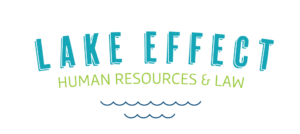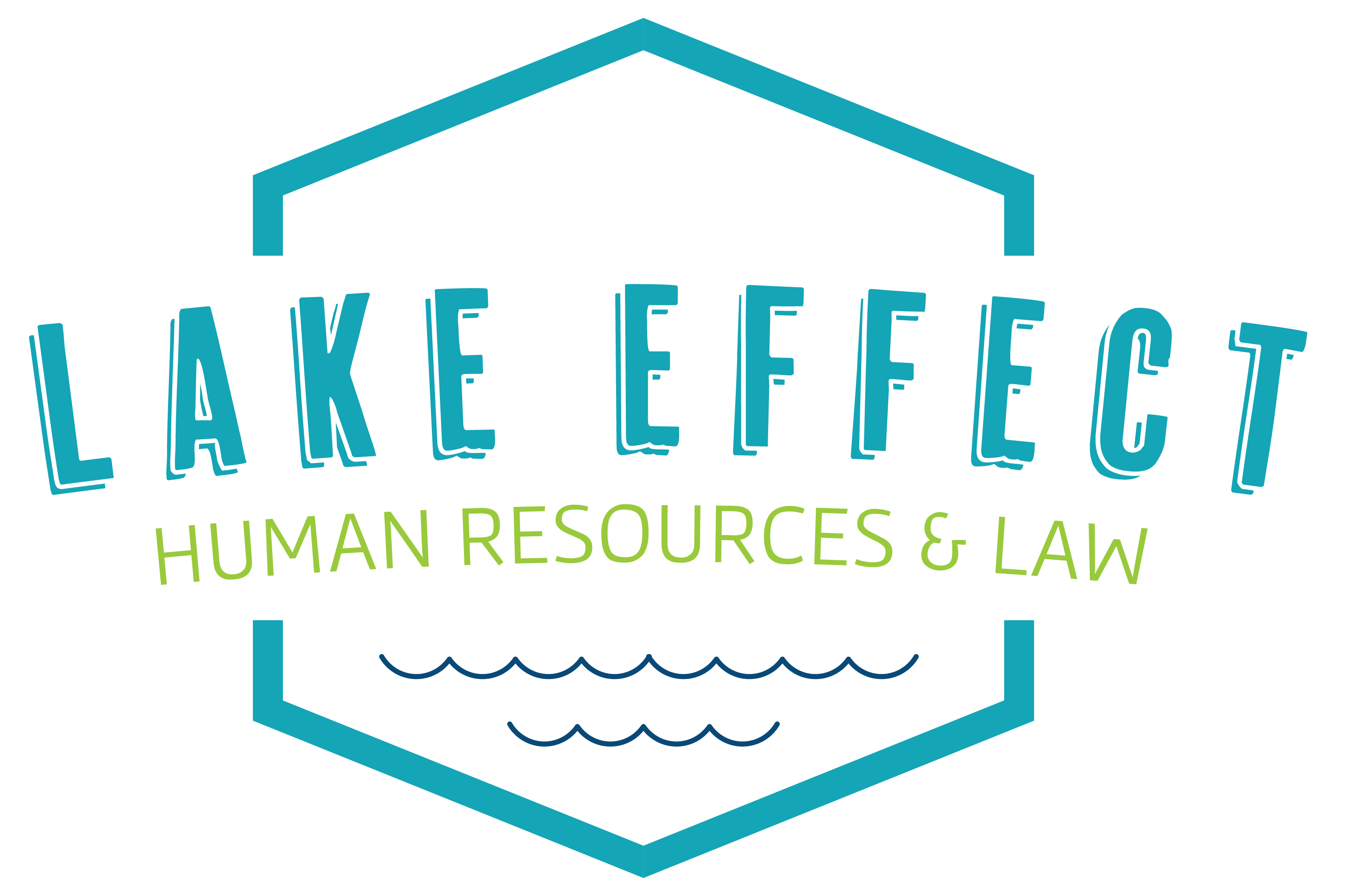Recent decisions by the National Labor Relations Board (NLRB) have drastically altered the landscape for both unionized and non-unionized workplaces rendering many common workplace rules unlawful. Lake Effect previously reported on the NLRB’s enhanced scrutiny of confidentiality, non-disclosure, and non-disparagement provisions in employee separation agreements and other employee communications. The NLRB continues to focus on the legality of employer policies in more recent rulings. In response, employers should undertake an immediate and comprehensive review of their employee handbooks, policies, and practices to avoid costly missteps under the National Labor Relations Act (NLRA).
In Stericycle, Inc. (August 2, 2023), the NLRB adopted a new standard for determining the lawfulness of any work rule or policy: the NLRB General Counsel must first show that a rule “has a reasonable tendency to interfere with, restrain, or coerce employees who contemplate engaging in protected activity” under the NLRA. Protected activity includes the right to self-organization, to form, join, or assist unions, to bargain collectively, or to engage in other activities for the purpose of mutual aid or protection. In a key shift from earlier precedent, the Board will view a work rule from the perspective of the economically dependent employee who considers engaging in protected activity, and who is “readily inclined” to interpret an ambiguous rule as prohibiting such activity. If an employee could reasonably interpret a rule or policy to restrict their protected activity, the rule is presumptively unlawful. This is so even if the rule could also be interpreted not to restrict protected activity, and even if the employer did not intend for the rule to restrict that activity.
Once this presumption of unlawfulness arises, an employer can only refute it by proving that its rule advances a substantial, legitimate business interest that cannot be advanced with a more narrowly tailored rule. This is the stringent test to which every employer policy will be subjected if challenged under the NLRA, and many common employer policies will fail. These could include policies regarding general civility, solicitation/distribution, media communications, recording/cameras, social media and internet use, outside employment, confidentiality and nondisparagement.
Although this new NLRB standard is daunting, employers who have not experienced organizing activity may question its impact on their workplaces. The NLRB’s recent decision in Cemex Construction Materials Pacific, LLC (August 25, 2023) provides one answer. Under the new approach announced in Cemex, if a union requests recognition based on purported majority support (which need not include authorization cards), the employer must either bargain with that union or file its own election petition within 14 days. This overturns the long-standing rule under which an employer who questioned the union’s majority status could refuse to recognize the union and require the union to file an election petition. Furthermore, and of critical importance, if an employer commits an unfair labor practice during the election’s critical period, the NLRB will no longer order a re-run election. It will simply dismiss the employer’s petition and issue an order to bargain.
Against the backdrop of Stericycle, the impact of Cemex is significant, particularly because the NLRB will apply both decisions retroactively. As dissenting board members in Cemex observed, “The Board has held that the mere maintenance of an unlawful work rule during the critical period requires the results of an election to be set aside. “…And my colleagues’ recent decision in Stericycle, Inc. (citations omitted) made it extraordinarily easy for the General Counsel to establish that a work rule is unlawful.” Just having a handbook policy or rule that is overbroad under the NLRB’s new expansive standard could result in an order to bargain with a union that has not even demonstrated majority support. This is why the stakes are so high for all employers, and why your partners at Lake Effect are ready to help review your handbook policies and rules.
Lake Effect is here to answer your questions about compliance with federal, state, and local laws as they related to all employment agreements. We continue to monitor important legal and HR developments that affect employers. Please watch our blogs and emails for these important updates, as well as discussions of how compliance meets culture. To dive into these issues, contact us at info@le-hrlaw.com or 1-844-333-5253. Lake Effect HR & Law is in business to maximize each client’s workplace potential with a commitment to kindness, true partnership, and exceptional service.




